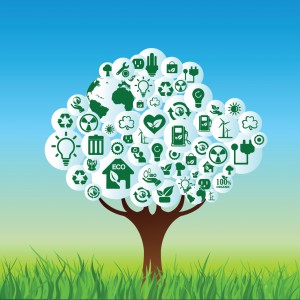INDIVIDUAL ACTION IS KEY TO REDUCING THE AIR QUALITY PROBLEMS
Each one of us plays a key part in polluting the air so there is a lot we can do to be part of the on-going environmental and health solution.
_______________________________________________________________________________
Below are just a few ways that we can do our bit to combat  pollution. Please get in touch and let us know if you can think of other great ways we can help reduce the pollution and improve our quality of air.
pollution. Please get in touch and let us know if you can think of other great ways we can help reduce the pollution and improve our quality of air.
IN THE CAR:
- Drive less! Cycle or walk to nearby destinations. Combine your errands into one trip – a cold engine decreases efficiency by as much as 80%
- Car share to work or use public transport
- Regular servicing – a neglected car can reduce mileage by 20%
- Ensure your tyres are properly inflated – you could save £100 a year in fuel costs
- Don’t “top off” your fuel tank by stopping at the click, it reduces fumes that contribute to ground-level ozone pollution
- Avoid idling – in general, turning off and starting an engine uses less fuel than letting it idle for more than 30 seconds
- Slow down when driving – you will use less gas
- Clean the condenser coils on your refrigerator every few months – you can reduce electricity consumption by 6% or more
- Ensure the car’s air conditioner is efficient – leaky air conditioners in cars are the single greatest source of chlorofluorocarbons (CFCs), a greenhouse gas.
AT HOME:
- Conserve energy & electricity – electrical generation is a source of air pollution
- Garden organically
- Plant a tree
- Insulate your home to use less energy
- Thermostats at a maximum of 20ºc during the day
- Buy and use recycled products
- Use brushes or rollers for painting instead of sprays
- Use non-aerosol products – propellants used in aerosol cans contribute to pollution
- Use products with less packaging – packaging consumes energy when it’s made, generates harmful volatile organic compounds when it’s printed, produces carbon dioxide and carbon monoxide when it’s burned, and generates greenhouse gases when thrown away in a landfill
- Dispose correctly of leftover and unwanted paints, automotive fluids and household chemicals
- Go solar for home and water heating – it reduces the need to burn fossil fuel
- Use cold water instead of hot whenever possible – you’ll use less energy
- Turn the lights out when you leave the room
- Hang clothes out to dry instead of using a dryer and when buying a new washer or dryer, opt for a cold water and low energy one
- Compost – you’ll use less chemicals in your garden
- Look for durability in products – not just lower price.
MAKE SOME NOISE – Support local clean air initiatives by letting your elected officials know how you feel about air pollution.
SHARE THIS INFORMATION WITH OTHERS:
- Extend your commitment into the community – tell your friends and neighbours how they can help protect their health and the environment
- Ask your employer if they can start a car pool and whether they’d consider changes to work patterns.

